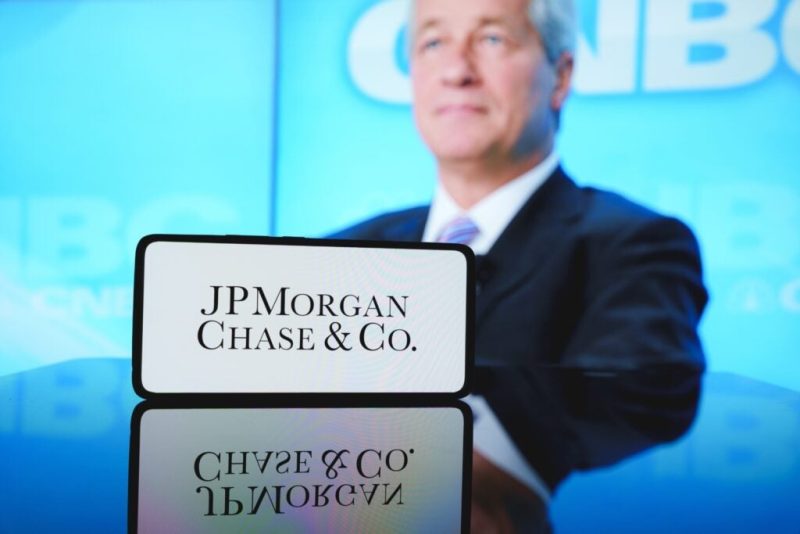
JPMorgan Chase CEO Jamie Dimon has once again weighed in on the controversial trade policies of the Trump administration, offering a measured critique that acknowledges both the underlying concerns and the potential pitfalls of aggressive protectionism. Dimon, known for his frank assessments of the economic landscape, suggests that while some level of trade protection might be justifiable, the tariffs implemented under the previous administration went too far. He argues that the approach lacked the strategic nuance needed for effective trade policy.
His concerns center on the potential for the United States to become increasingly isolated in the global economy. A policy focused solely on unilateral action, Dimon suggests, risks alienating key trading partners and harming American businesses in the long run. The lack of a comprehensive, well-considered trade strategy, he implies, leaves the US vulnerable and undermines its economic competitiveness.
Dimon’s comments highlight a broader debate about the optimal balance between protecting domestic industries and fostering international cooperation. While acknowledging the need to address legitimate trade imbalances and unfair practices, he emphasizes the importance of a more measured and collaborative approach. A strategy built on negotiation and mutually beneficial agreements, he argues, is far more sustainable and effective than one based on aggressive unilateral tariffs.
The implications of Dimon’s assessment are significant. His words carry considerable weight, given his position at the helm of one of the world’s largest financial institutions. His critique serves as a reminder of the potential economic consequences of poorly conceived trade policies and underscores the need for a more sophisticated and strategic approach to international trade in the years to come. The future of US economic competitiveness, it seems, hinges on finding a delicate balance between protection and collaboration on the global stage.










